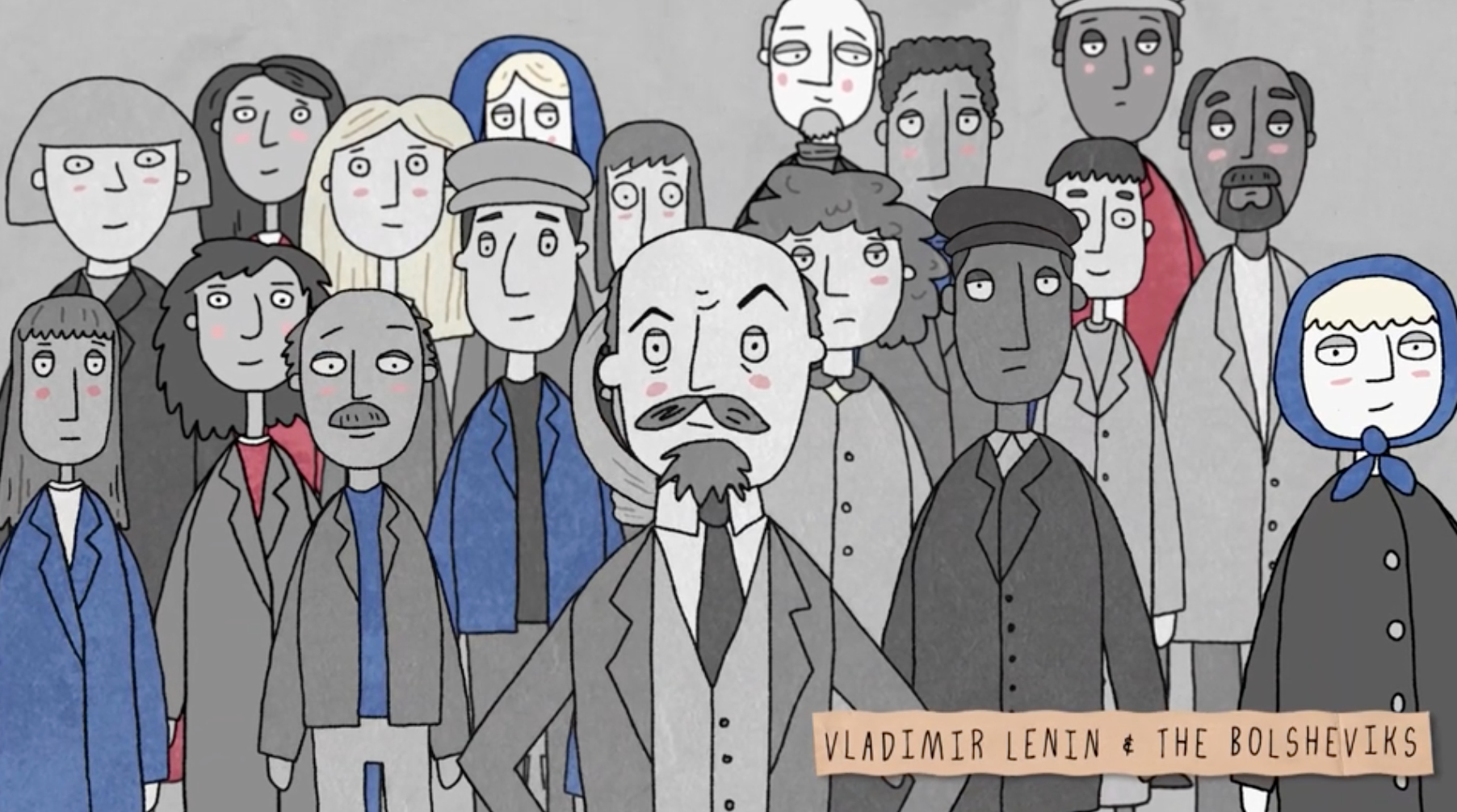A great exhortation of our times is the need to ‘be kind’. It manifests itself among those who cry ‘refugees welcome’, who urge for ‘compassion’ for the feelings of those deemed oppressed, and for those who regard Paddington Bear as the embodiment of everything good in the world. More sinisterly, however, this mentality still shows up in those who would excuse the crimes of communism.
According to a Sunday Telegraph report, one of the BBC’s online resources for children, which provides an overview of communist ideology and history, glosses over the mass murders committed in its name. While the BBC Bitesize video, aimed at educating pupils aged 11 to 14 for use by teachers, outlines the central tenets of Marxism, and the emergence of the Soviet Union, it doesn’t mention Stalin, or other dictators, or the tens of millions who died under communist regimes. No mention is made either of the famines and mass killings in the USSR, Mao Zedong’s China or Pol Pot’s Cambodia. It does concede, however, that communism could place ‘too many limits on individual freedom’ and be ‘too centralised.’
Students of the twentieth century, and those who lived through it, will be horribly familiar with this kind of evasiveness. Apologising or overlooking the crimes of communism has been routine since the inception of the Soviet Union, even after the invasion of Hungary in 1956, when most reasonable people started to see sense. But it still continued in respectable circles. It still apparently does.
It did so because communism is forgiven for having noble intent. That is the consensus among its apologists. At least communism meant well, they say. Capitalism is so horrid, heartless and selfish. That kind of thing. Or worse: you can’t make an omelette without breaking a few eggs. Had the makers of this BBC Bitesize video deemed it fit to mention the horrors of communism, they would no doubt have added the caveat that real communism has never been tried yet.
On the other hand, the crimes against humanity committed by fascist regimes in the 20th century has always received righteous and unequivocal condemnation, because rather than meaning well, they were nasty. This asymmetry continues. A parallel BBC video on fascism tells teenagers of a political system that ‘involves eroding democratic institutions’ (just like communism, then), one which may embody ‘an authoritarian regime in which many aspects of life are tightly controlled’ (again, like communism) and in which ‘violence and oppression are used to crack down on opposition’ (ditto). Fascism’s main crime? Not being nice.
Another Bitesize video, this one on capitalism, is more candid in stressing that good intentions are of paramount importance. Capitalism’s fundamental problem, it says, is that it seeks profit ‘over what’s best for society, sustainability, and the environment.’ Without mentioning here the litany of environmental catastrophes enacted at the hands of communist states, this misses the entire point about capitalism. It’s not an ideology championed for its inherent moral superiority, but a system promoted to guarantee stability, order and the potential to improve people’s material lives. And as Adam Smith’s theory of the Invisible Hand extrapolated, self-centred motives can have long-term benefits for society as a whole.
This notion that selfish motives might have positive consequences is anathema in our era, one in which we equate individual probity with collective well-being, one in which the personal has become the political, in which being seen to be good is equated with good things happening. This erroneous thinking is connected to what in French they call angélisme, a naïve idealism when it comes to human nature. That was the persistent error made by apologists for communism: to believe in the inherent goodness of mankind, and that ‘good intentions’ alone can suffice.
This callow conceit always has awful consequences, not least because those who challenge benign-sounding causes won’t speak out for fear of looking heartless or callous. It’s why the trans movement, and wokery itself, went unchallenged for so long, and why many sensible people abetted its wishful thinking. They thought they were doing the nice thing. Like the fellow travellers of the 20th century, they believed that they were on the ‘right side of history’.
But those with righteousness and history on their side will inevitably become apologists for evil themselves, once their fantasies are frustrated. Their dreams become our nightmares. This we witnessed again this weekend, when on the pro-trans march in London, there was a placard which read, ‘the only good Terf is a _ _ _ _ Terf, next to a human figure hanging from the gallows.








Comments